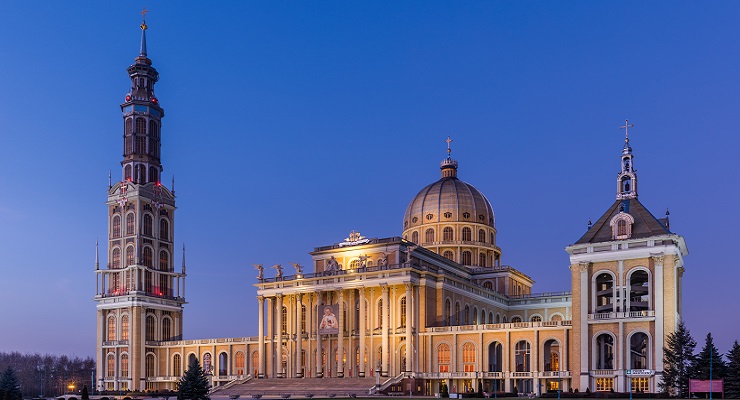
This article is from Democracy Digest:
“Religious frameworks for engaging the world have not disappeared, even in the West, but rather have adapted to the times. There are as many ‘churches’ as there are communities, and their members’ solidarities and activism patently shape public life,” note analysts Nora Fisher-Onar and Ahmet Erdi Öztürk.
“While religion-wielding populist leaders are not presently in power in most of Europe, it is plausible that they will seize upon the economic devastation wreaked by COVID—19 to propound ethno-religious politics claiming continuity with an imagined past of religiously defined, civilizational purity,” they write for the LSE:
Such a move would pose an answer to the Olivier Roy question in his 2019 book, Is Europe Christian? That is, it could precipitate the reimagination of Europe-an identity in exclusionary ethno-religious terms by persons bearing a religious identity – an outcome which would be achieved through polarising tactics, and in opposition to both social de-Christianisation and Christian Democracy.
“What is certain is that attempts to harness the power of religious referents to populist nationalism and transnational alliances will not conveniently disappear because they are objectionable to liberal sensibilities, secular and pious alike,” they conclude.
Read the full article through this link.
Leave a Reply